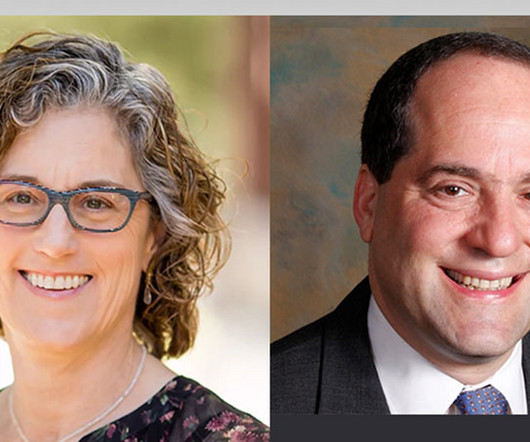Overtreatment of prostate cancer in the active surveillance era
Common Sense Family Doctor
DECEMBER 14, 2024
Concerns about overdiagnosis of clinically insignificant prostate cancer through prostate specific antigen (PSA) screening motivated the 2018 American Academy of Family Physicians’ (AAFP) recommendation against routine screening for prostate cancer. times more likely to develop urinary or sexual complications, 2.78



















Let's personalize your content